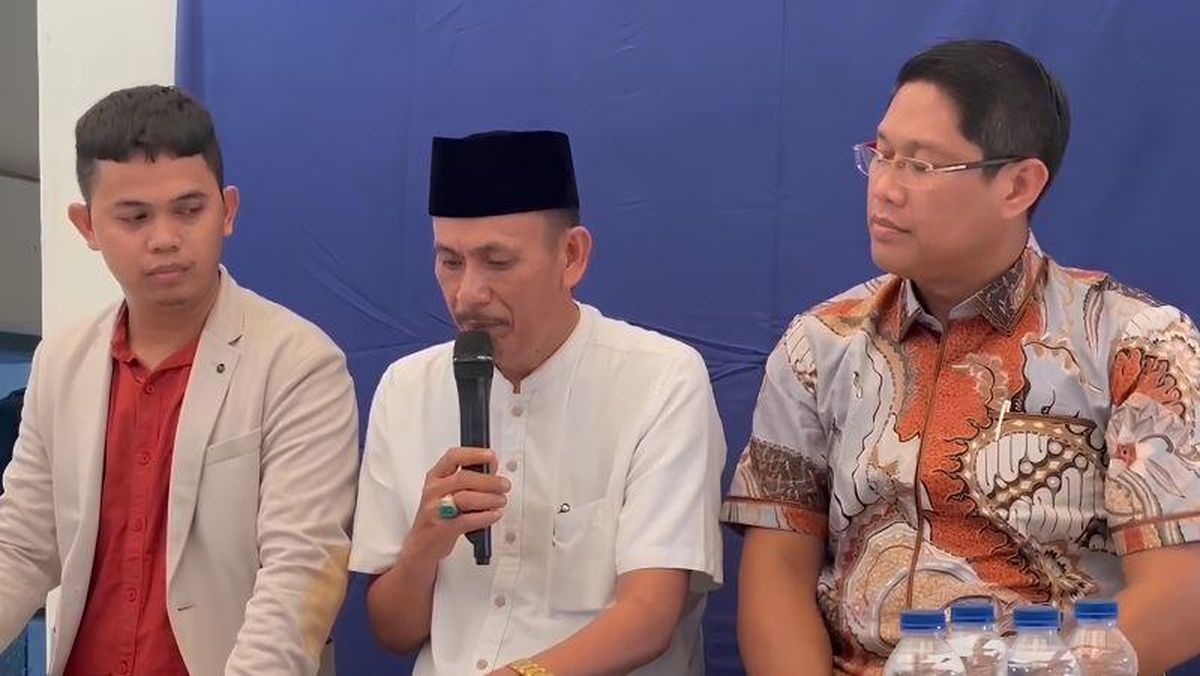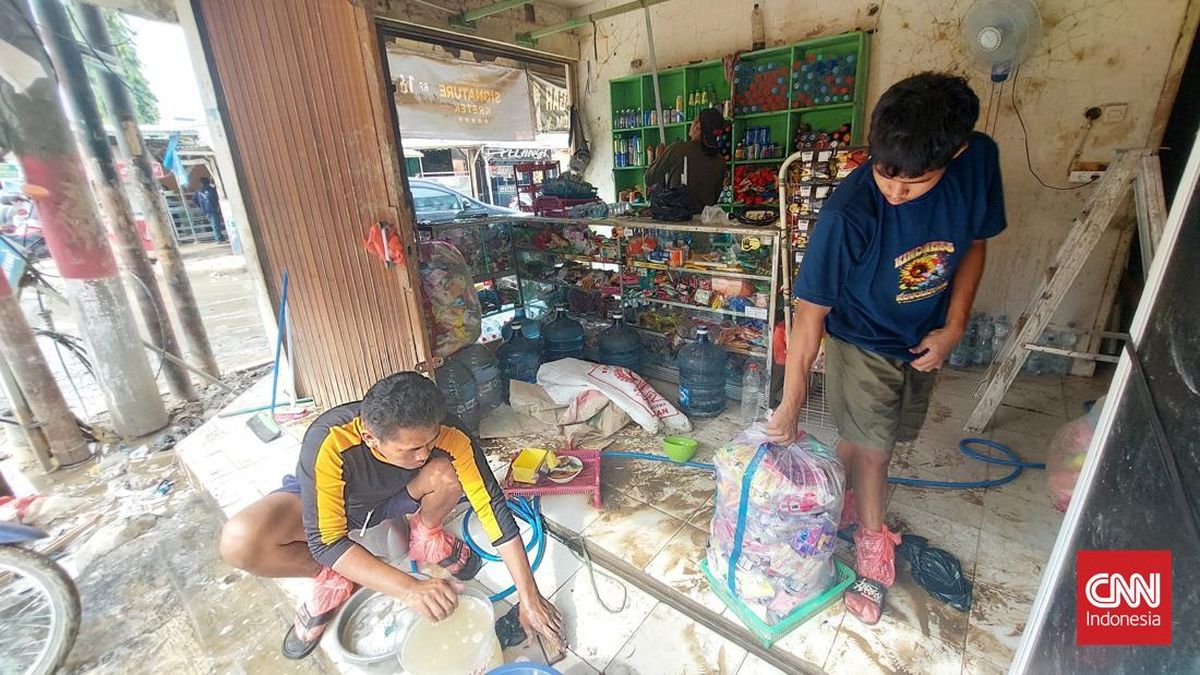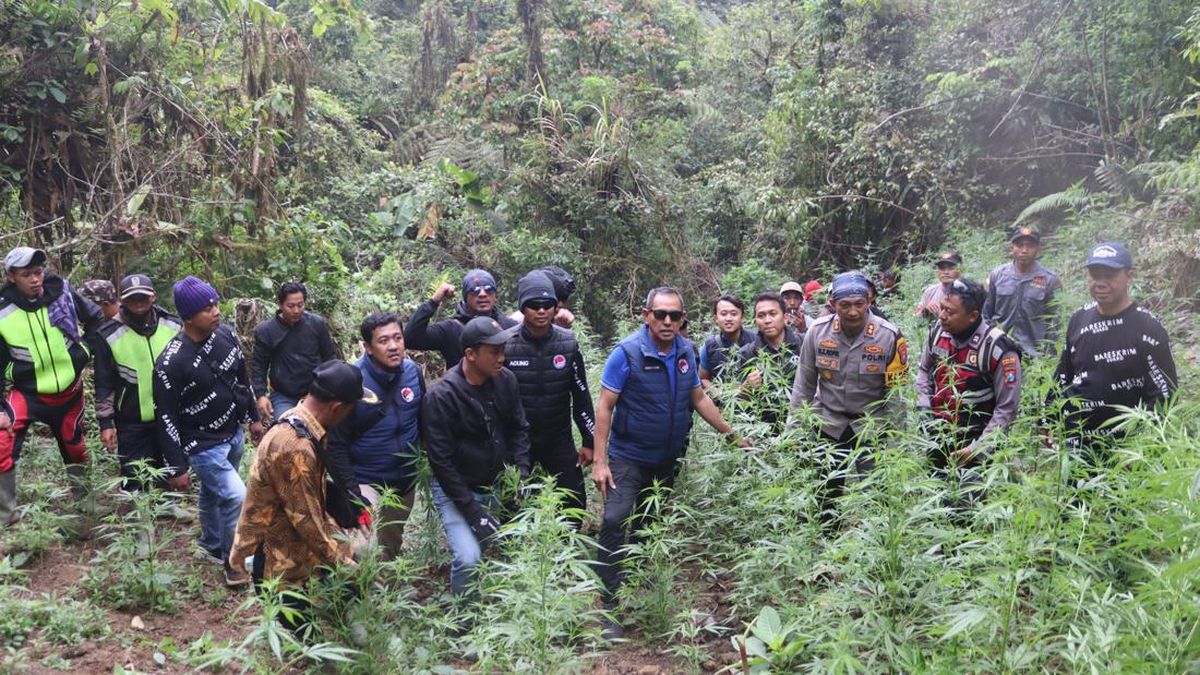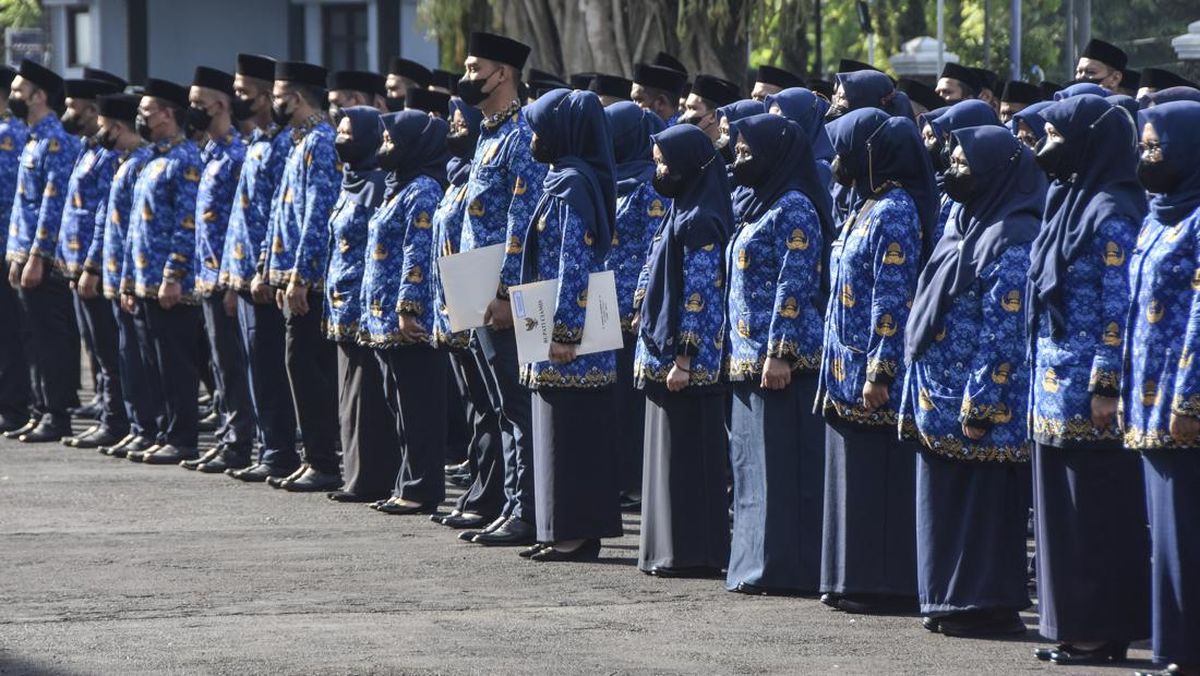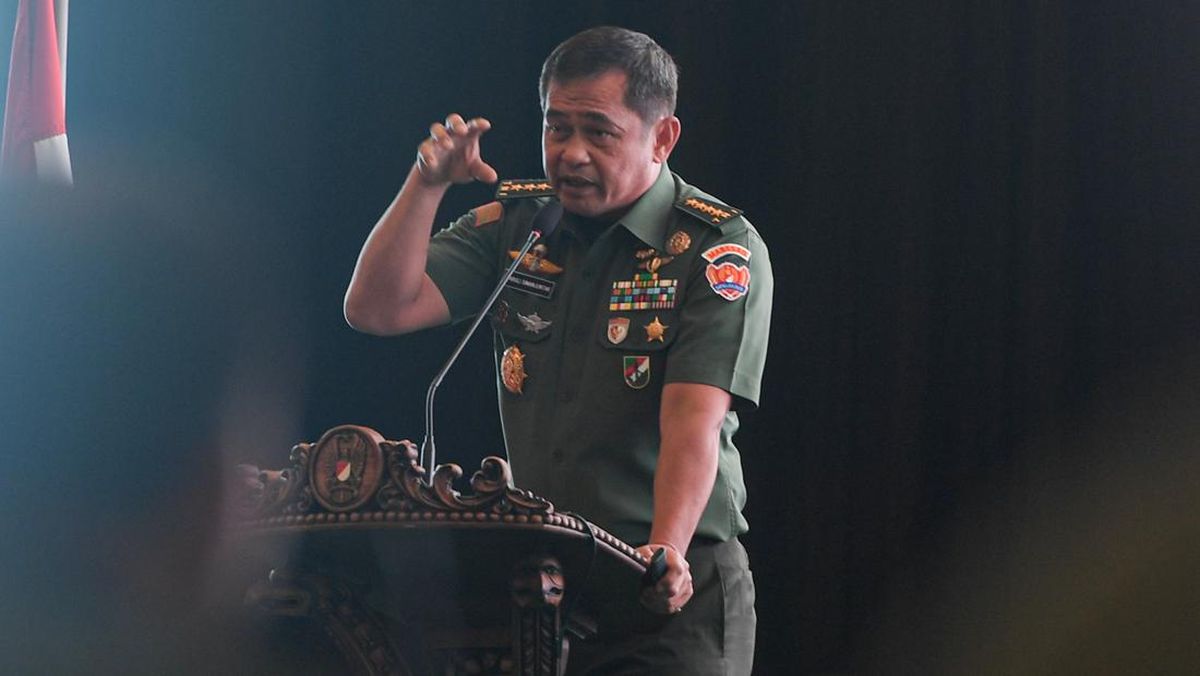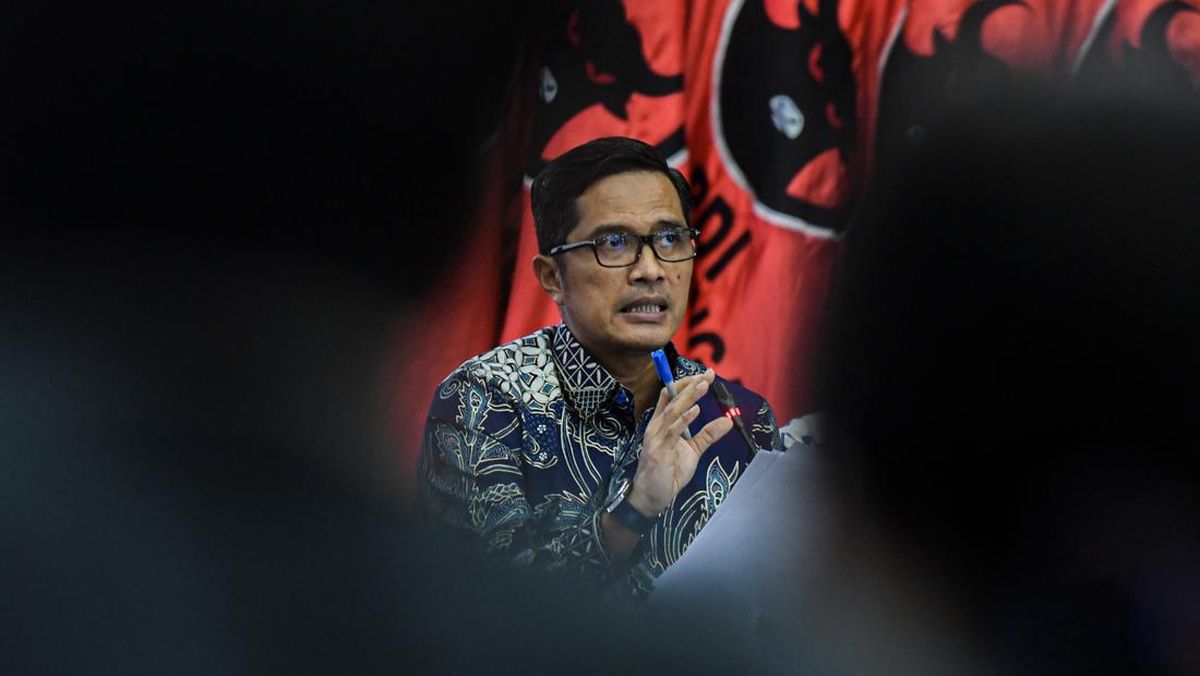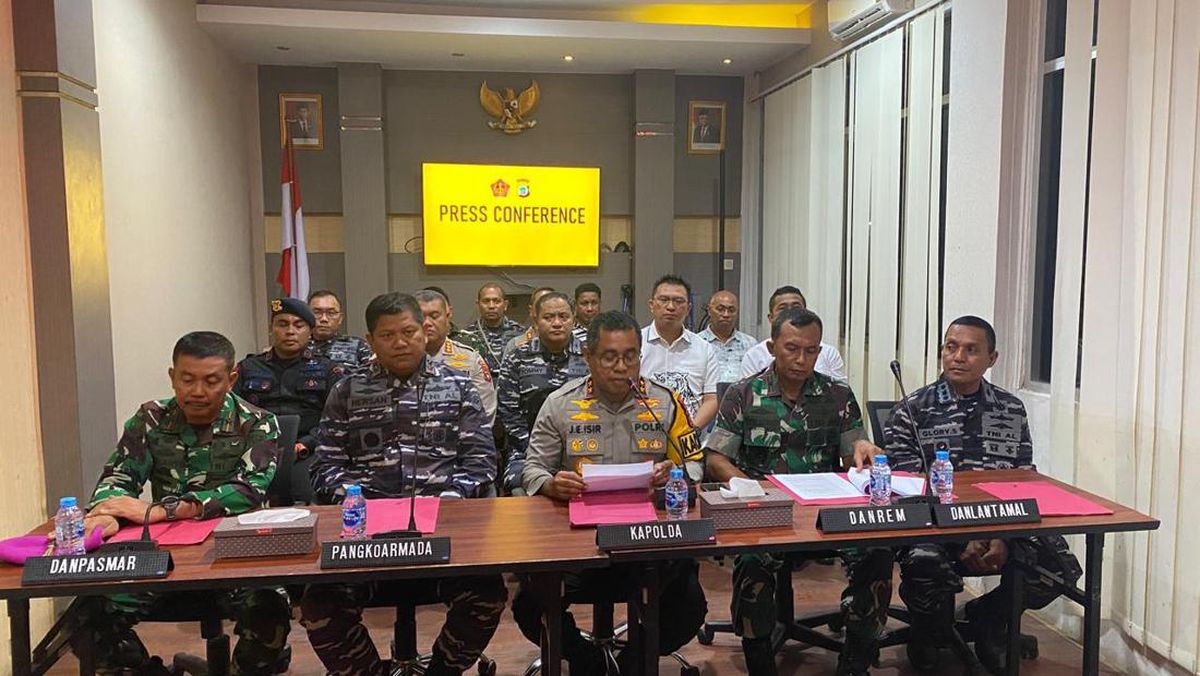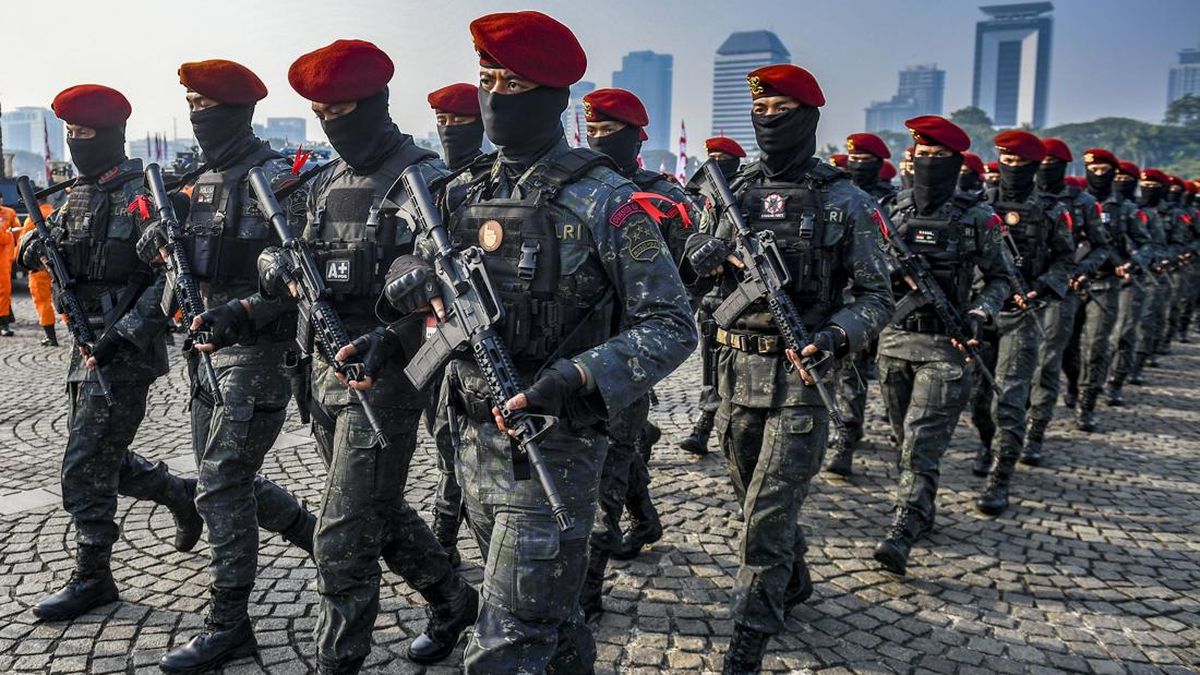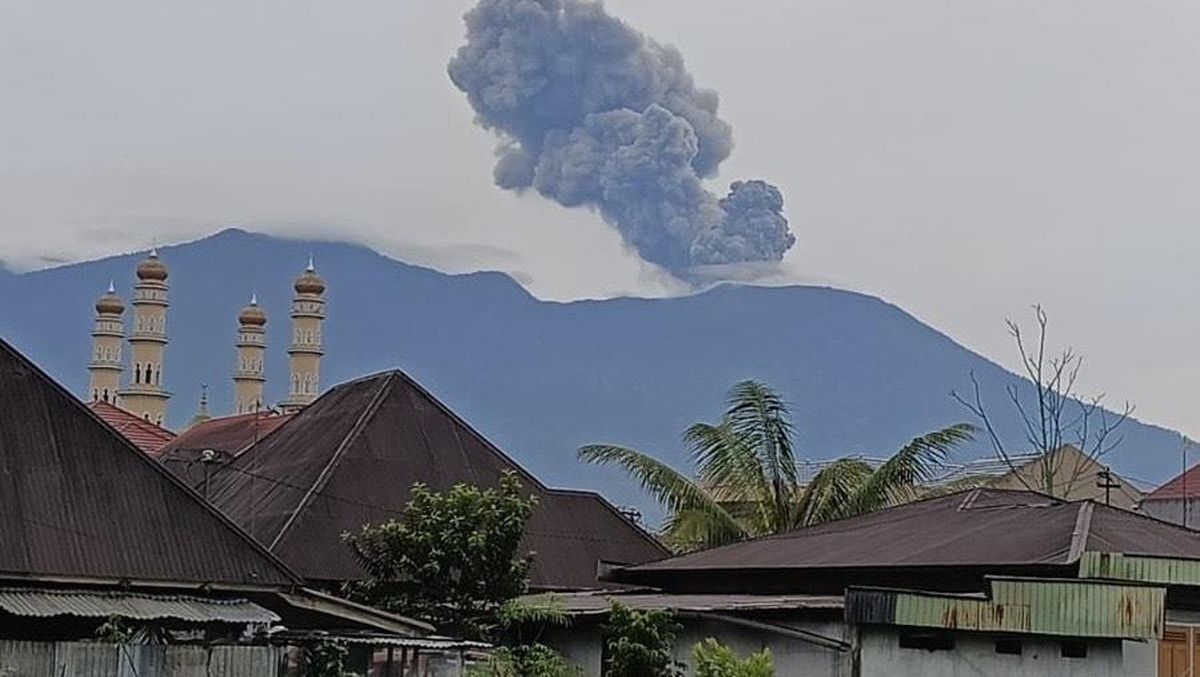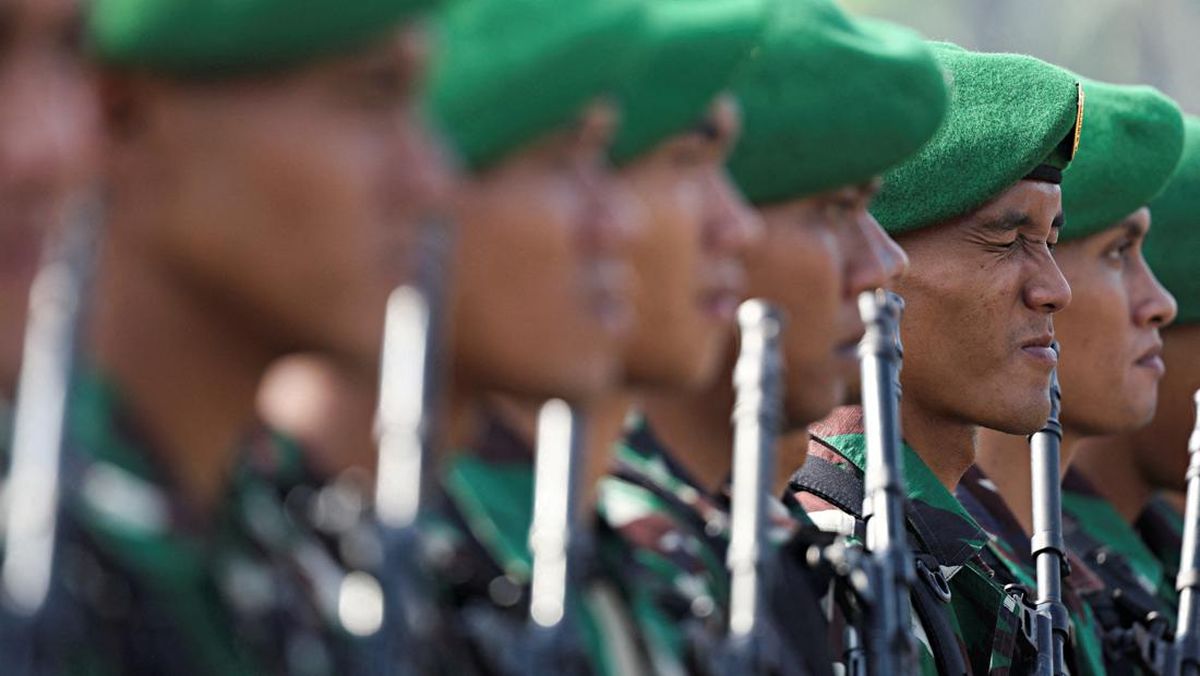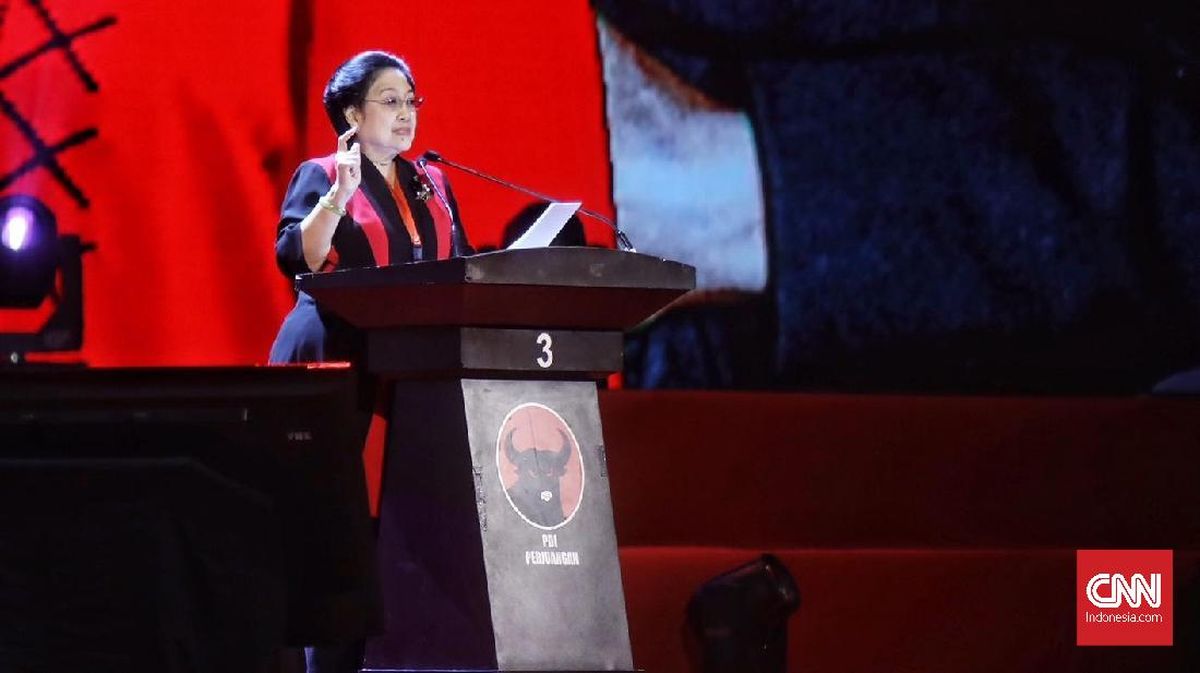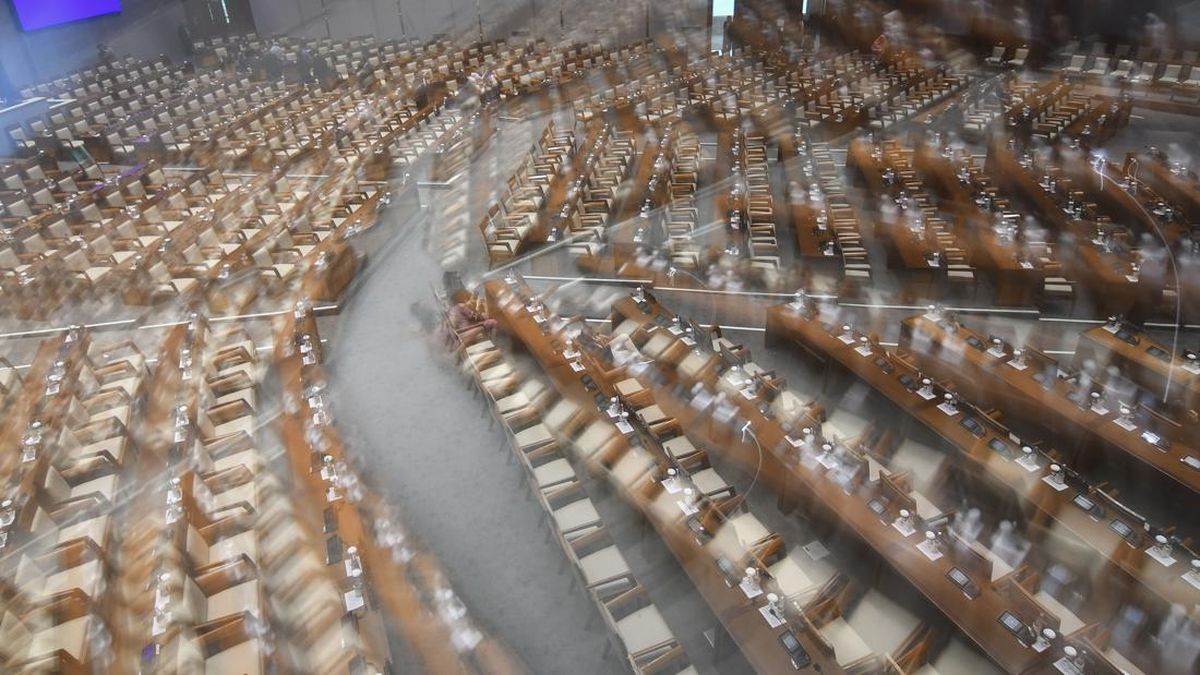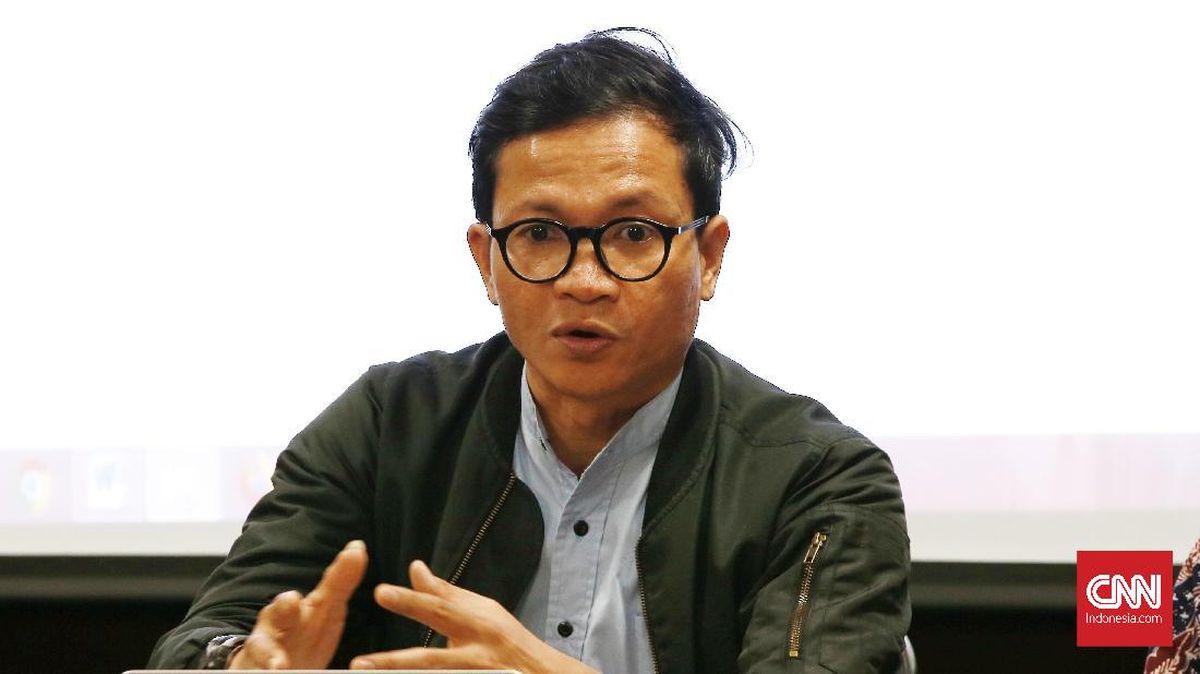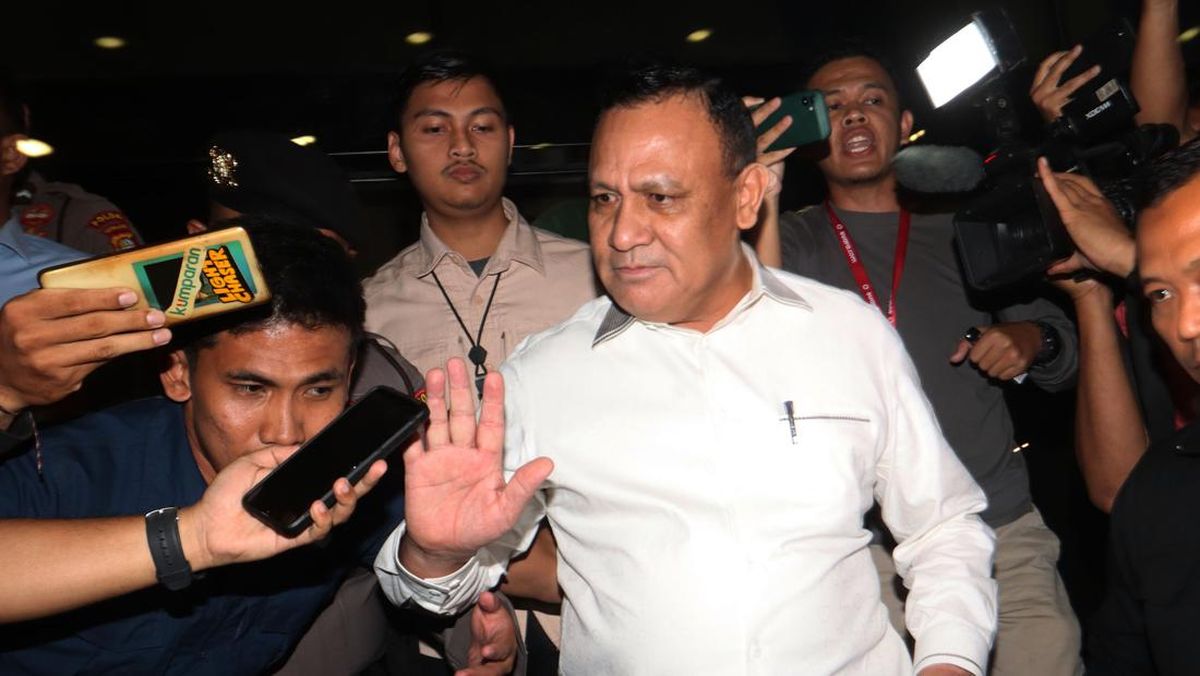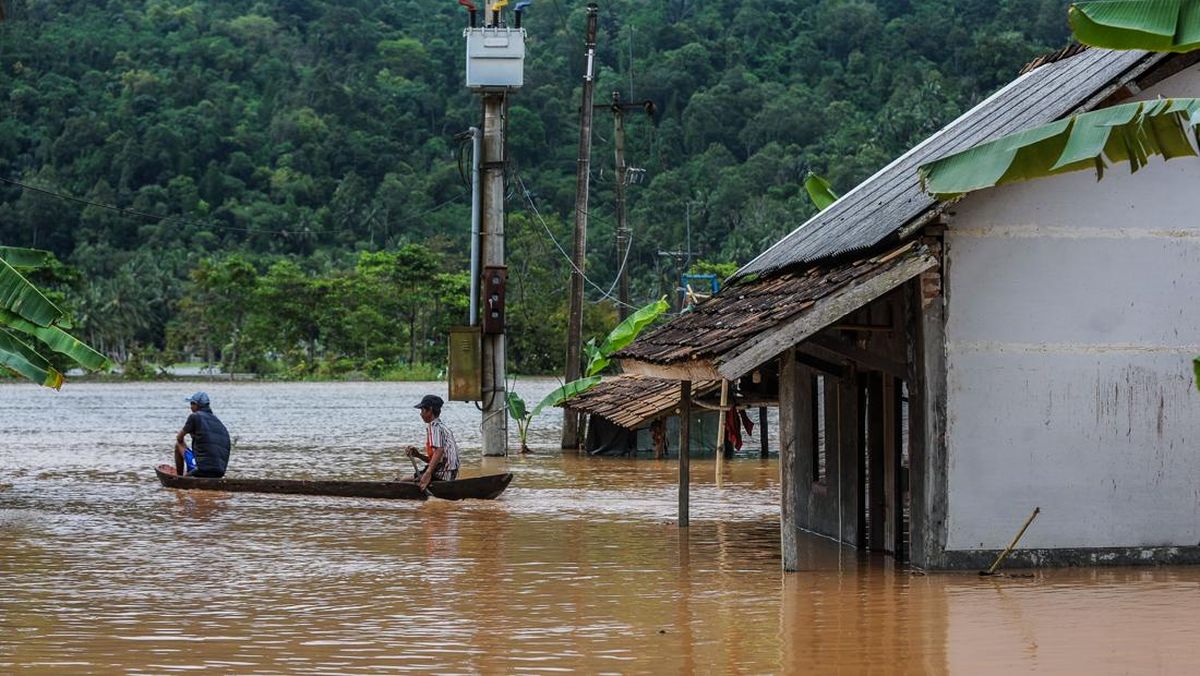TEMPO.CO, Jakarta - United Nations (UN) Secretary-General Antonio Guterres also expressed his condolences for the death of Pope Francis. He considered the Pope to have left a legacy of faith and compassion for all humanity.
"I join in mourning the death of Pope Francis, a bearer of hope, humility, and humanity," Guterres said in a statement, Monday, April 21, 2025, as quoted by Antara.
Guterres then described Pope Francis as a figure who always prioritized peace, human dignity, and social justice. He stated that the Pope had left a legacy full of faith, service, and compassion, which was felt by everyone, especially those who were marginalized or trapped in the horrors of conflict.
"Pope Francis was a voice for peace, human dignity, and social justice. He left a legacy of faith, service, and compassion for all people -- especially those who were marginalized in life or trapped by the horrors of conflict," he said.
Guterres said the UN has been inspired by Pope Francis' noble goals, which are in line with the organization's mission and values. He also expressed his deep condolences to Catholics around the world.
Pope Francis' Legacy of Thought
More than just church teachings, there are many examples and thoughts from Pope Francis for all humanity that are woven into the common thread of humanity. Quoted from various sources, here are some of the noble legacies of Pope Francis' thoughts.
1. Peace and Compassion
One of the greatest legacies left by the Pope is the teaching of love that transcends worldly barriers. Love is not just a feeling, but also a real action that unites us all, regardless of religion, race, or social status. The Pope taught that in a world full of hatred, love is a universal language that can be accepted by anyone's heart.
Based on the encyclical Fratelli Tutti in 2020, Pope Francis called for building global brotherhood and solidarity between nations as a foundation for creating a more just and peaceful world. In addition, he seeks to bring the church closer to the people by encouraging a more pastoral approach and a focus on compassion, rather than just following strict rules.
2. Concern for the Vulnerable
For the Pope, well-being is not a privilege for a few, but a shared obligation to realize a just world. Everyone, without exception, has the right to a decent life and dignity.
Since the beginning of his presidency, Pope Francis has created a different atmosphere. He refused to live in the Apostolic Palace, preferring to stay in a simple guest residence in the Vatican.
Pope Francis is also not shy about expressing his views on global issues outside the context of the church. He criticized free-market capitalism which, according to him, “worsens” the conditions of the poor.
The Pope called on governments around the world to act more decisively on climate change and became a defender of migrant rights—he even compared migrant detention centers in Europe to concentration camps. These statements drew criticism from conservative politicians and business leaders.
3. Interfaith Dialogue
Pope Francis has often raised the theme of interfaith dialogue and human fraternity in his writings and speeches. For the Pope, dialogue is not just a discourse, but part of a way of life—an approach to forging friendships across borders in order to heal a wounded world.
Vatican News reports that throughout his papacy, he has consistently encouraged interfaith cooperation through meetings, declarations, and concrete actions. He views dialogue not only as a diplomatic strategy, but as a way of life that reflects true fraternity and a shared responsibility to create peace.
Some important moments that affirm this commitment include his visit to the Arabian Peninsula and Iraq—becoming the first Pope to do so—and his friendship with interfaith figures such as Rabbi Abraham Skorka, Grand Imam of Al-Azhar Ahmed Al-Tayyeb, and Grand Ayatollah Ali al-Sistani.
The signing of the Document on Human Fraternity in Abu Dhabi (2019) and the Istiqlal Declaration in Jakarta (2024) were important milestones in advancing relations between Catholics and Muslim communities.
4. Caring for the Environment
In the encyclical Laudato Si’ published in 2015, Pope Francis invites humanity to recognize its calling as guardians of the earth—a common home that must be cared for for the survival of future generations.
He made a strong appeal for the world to take real and immediate action in addressing the climate crisis and environmental degradation. For the Pope, the issue of ecology cannot be separated from the issue of social justice, because those who feel the worst impacts of environmental degradation are the poor and marginalized groups who contribute the least to the degradation itself.
Editor’s Choice: Pope Francis' Resting Place: 2 Facts About Santa Maria Maggiore
Click here to get the latest news updates from Tempo on Google News































